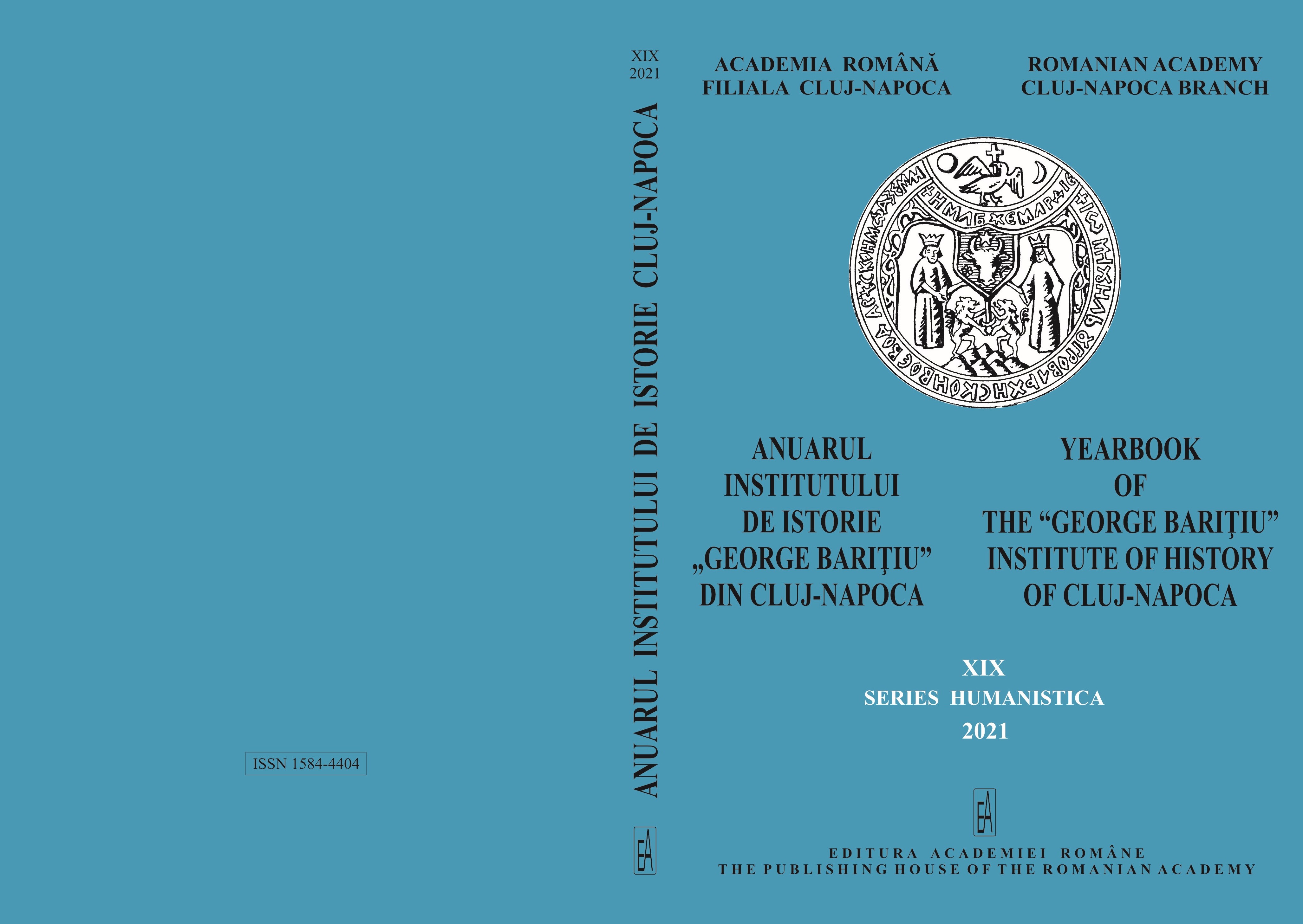EMOTION REGULATION GOALS AND THEIR RELATIONSHIP WITH MORAL COMPETENCE, MORAL ORIENTATION, AND THE TYPE OF MOTIVATION FOR HIDING THE TRUTH
EMOTION REGULATION GOALS AND THEIR RELATIONSHIP WITH MORAL COMPETENCE, MORAL ORIENTATION, AND THE TYPE OF MOTIVATION FOR HIDING THE TRUTH
Author(s): Lucia-Elisabeta FaiciucSubject(s): Psychology, Personality Psychology, Social Norms / Social Control
Published by: Editura Academiei Române
Keywords: moral competence; moral judgment stages; lying; avoidance motivational focus; approach motivational focus; altruism; egocentrism; emotion regulation goals, emotional dysregulation;
Summary/Abstract: Little is known about the relationship between one’s moral life and her/his emotion regulation, especially her/his emotion regulation goals. The present study aimed to bring new data regarding this relationship, by investigating the association of one’s emotion regulation goals (measured with an instrument elaborated by Faiciuc in 2018, The Questionnaire for the Emotion Regulation Goals: QERG), with one’s moral competence and orientation (measured with Moral Competence Test: MCT, elaborated by Lind, 1978), and the type of motivation to hide the truth (measured with the C5 Questionnaire, elaborated by Faiciuc in 2016). Based on a common structure of goals and processes for one’s moral judgment, moral behavior and emotion regulation, several hypotheses were formulated regarding this association, but the study had also an exploratory character. Although at the research participated 144 students in the second year at the University of Fine Arts and Design from Cluj-Napoca (mean age: 20,22 years, 101 female, 39 males, and 4 without a specified gender) who completed at least one of the instruments used in the research, because few completed two or more of the administered instruments, most of the computation were done for much smaller samples (around 30). That is why, the results were checked through their corroboration with the results obtained in a previous research, and through their convergence. The initial hypotheses were only partially supported by data. The following main results were obtained, which were in agreement with them. Those with a higher moral competence index stood out through their preference for the goals through which emotions are downregulated and adjusted to the context, a result indicating the emotion regulation component in the moral competence assessment with the MCT. The shared preferred goal of those with higher moral competence and moral orientation with those preferring altruistic and, respectively, avoidance reasons for hiding the truth was to adjust the expression of their emotions so that to not disturb the people around. Those preferring relatively the moral arguments of a lower level that are focused on the reciprocal personal interest, and those preferring the reasons of hiding the truth focused also on the reciprocal personal interest, i.e., the egocentric and, respectively, approach reasons for hiding the truth, shared the preference for the self-reported regulative goal to let their negative emotions the way they are, and the reluctance to prefer the goal to adjust the expression of their negative emotions so that to not disturb the people around. Such shared emotion regulation goals or the emotion regulation profiles associated with certain moral behaviors, values, and judgments could be useful from a psychotherapeutic point of view (e.g., to adjust the therapeutic goals regarding emotion regulation to one’s moral profile), and also from a psychometric point of view: the preferred emotion regulation goals could be used to assess indirectly one’s moral life. Future research is needed in order to clarify and check the obtained results.
Journal: Anuarul Institutului de Istorie »George Baritiu« din Cluj-Napoca - Seria HUMANISTICA
- Issue Year: XIX/2021
- Issue No: 1
- Page Range: 19-128
- Page Count: 110
- Language: English

